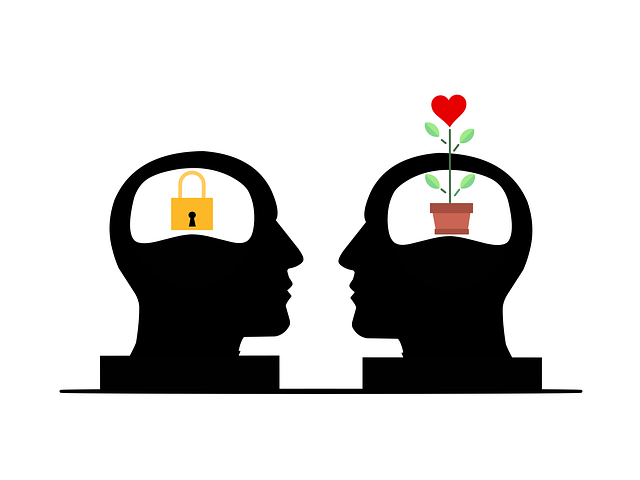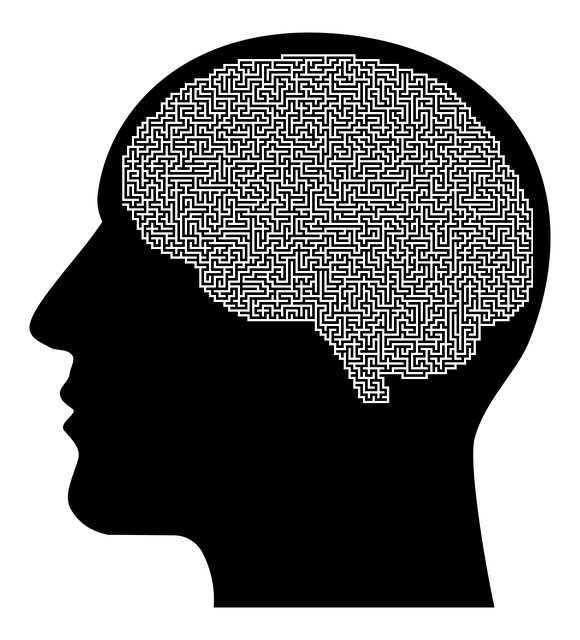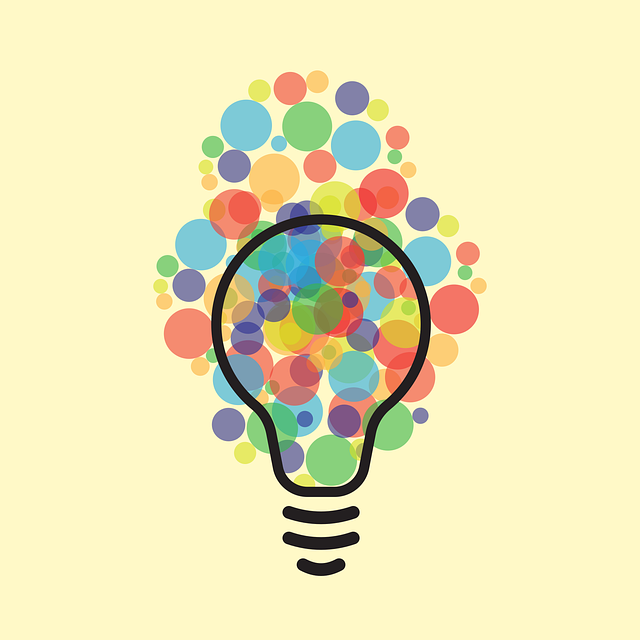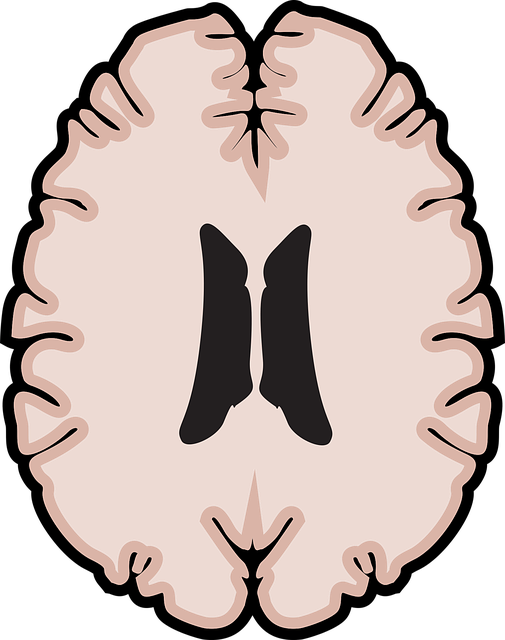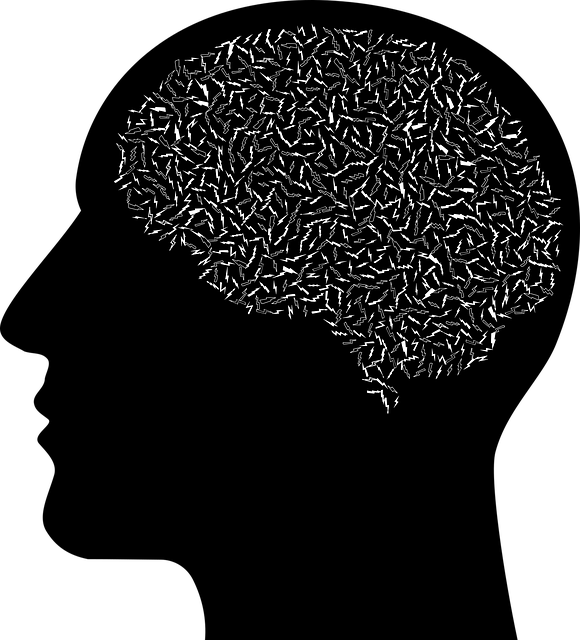Aurora Adjustment Disorder Therapy (AADT) offers effective emotion regulation techniques through mindfulness meditation, breathing exercises, and progressive muscle relaxation, enhancing mental wellness and quality of life for individuals with the disorder. These strategies, integrated into healthcare practices, aid in stress prevention and burnout reduction among providers, leading to better patient care and job satisfaction. AADT promotes self-awareness and emotional literacy, ensuring tailored approaches that respect diverse cultural backgrounds, ultimately empowering individuals to manage real-life challenges effectively through improved coping mechanisms.
Emotion regulation is a vital skill, especially with the rise of mental health awareness. This article explores techniques that educators can teach students to navigate their emotions effectively. We delve into the significance of emotional intelligence and its impact on overall well-being. A key focus is the Aurora Adjustment Disorder Therapy, offering insights into how it helps individuals manage stress and anxiety. Through practical strategies, we guide teachers in implementing these skills, fostering a positive learning environment and enhancing students’ resilience, particularly in challenging situations.
- Understanding Emotion Regulation and its Significance
- The Role of Aurora Adjustment Disorder Therapy
- Practical Techniques for Effective Teaching
- Implementation and Benefits in Real-Life Scenarios
Understanding Emotion Regulation and its Significance

Emotion regulation is a crucial skill that enables individuals to understand and manage their feelings effectively. It involves recognizing and accepting emotions as they arise, while also learning to adjust and respond to them in healthy ways. This process is particularly significant for those dealing with conditions like Aurora Adjustment Disorder, where emotional dysregulation can be a core symptom. By teaching individuals techniques to navigate and control their emotions, therapy sessions armed with strategies from Aurora Adjustment Disorder Therapy can foster mental wellness.
The development of mental wellness coaching programs emphasizes the importance of public awareness campaigns that educate people on emotion regulation. Mindfulness meditation, for instance, is a powerful tool often integrated into these programs. It helps individuals become more attuned to their emotions, fostering self-awareness and enabling them to respond thoughtfully rather than reacting impulsively. This approach not only enhances overall mental wellness but also empowers people to lead more balanced and fulfilling lives.
The Role of Aurora Adjustment Disorder Therapy

Aurora Adjustment Disorder Therapy (AADT) plays a pivotal role in teaching individuals effective emotion regulation techniques. This therapeutic approach is particularly beneficial for those dealing with stress, anxiety, and related disorders, offering a structured framework to navigate emotional challenges. By focusing on cognitive restructuring and behavioral modifications, AADT empowers clients to manage their emotions more adaptively. Through various exercises, it helps individuals identify and challenge negative thought patterns, replacing them with healthier alternatives that foster resilience.
In the context of Burnout Prevention Strategies for Healthcare Providers, AADT can be a powerful tool. It equips medical professionals with stress reduction methods tailored to their unique experiences, enhancing coping mechanisms and promoting well-being. By integrating these techniques into daily routines, healthcare providers can better manage anxiety relief, thereby improving patient care and overall job satisfaction.
Practical Techniques for Effective Teaching

In teaching emotion regulation techniques, practical application is key to ensuring effectiveness. Start by incorporating simple breathing exercises into daily routines; this foundational practice helps students gain control over their emotional responses. Techniques like progressive muscle relaxation and mindfulness meditation can be powerful tools for managing stress and anxiety, fostering a sense of calm. For individuals with Aurora Adjustment Disorder, these methods prove particularly beneficial in navigating intense emotions.
Additionally, encourage active participation through role-playing scenarios, allowing learners to experiment with different coping strategies in a safe environment. Stress Management Workshops Organization often emphasizes the importance of self-awareness and emotional literacy, skills that can be enhanced through interactive activities. Healthcare Provider Cultural Competency Training also highlights the value of tailoring these techniques to individual needs, respecting diverse cultural backgrounds and ensuring inclusive learning experiences.
Implementation and Benefits in Real-Life Scenarios

The practical application of emotion regulation techniques is a powerful tool for individuals navigating real-life challenges. These strategies, often taught through Aurora Adjustment Disorder Therapy and Trauma Support Services, empower people to manage their emotional responses effectively. By learning to identify and regulate emotions, individuals can enhance their overall well-being and quality of life.
In everyday scenarios, this translates into improved coping mechanisms for stress, anxiety, and even intense emotions resulting from past traumas. Mental health professionals play a crucial role in teaching these techniques, offering not just trauma support services but also helping clients build confidence boosting resilience. Additionally, risk management planning becomes an integral part of treatment, ensuring individuals have the tools to navigate potentially triggering situations safely and with greater emotional control.
Emotion regulation is a vital skill, especially with the help of evidence-based practices like Aurora Adjustment Disorder Therapy. By teaching these techniques, we empower individuals to navigate their emotional landscape effectively, leading to improved mental well-being and enhanced quality of life. The practical strategies outlined in this article offer a comprehensive framework for educators and professionals to guide students or clients towards better understanding and managing their emotions, ultimately fostering resilience and adaptability in various real-life scenarios.
